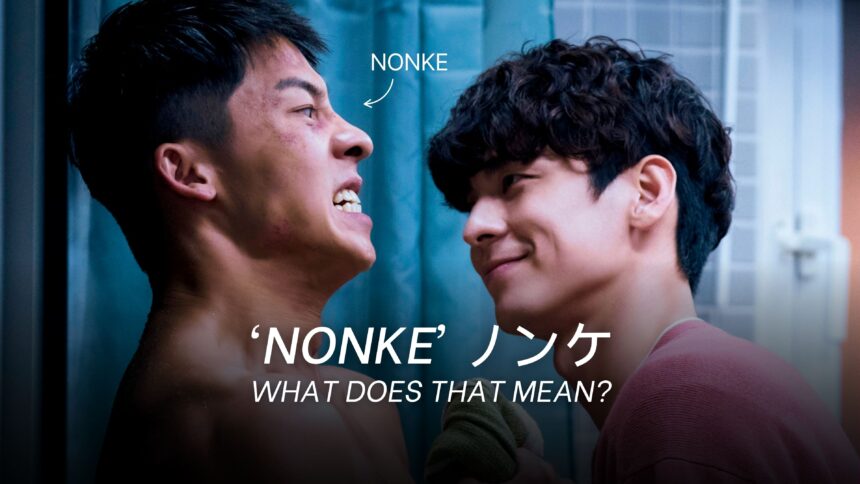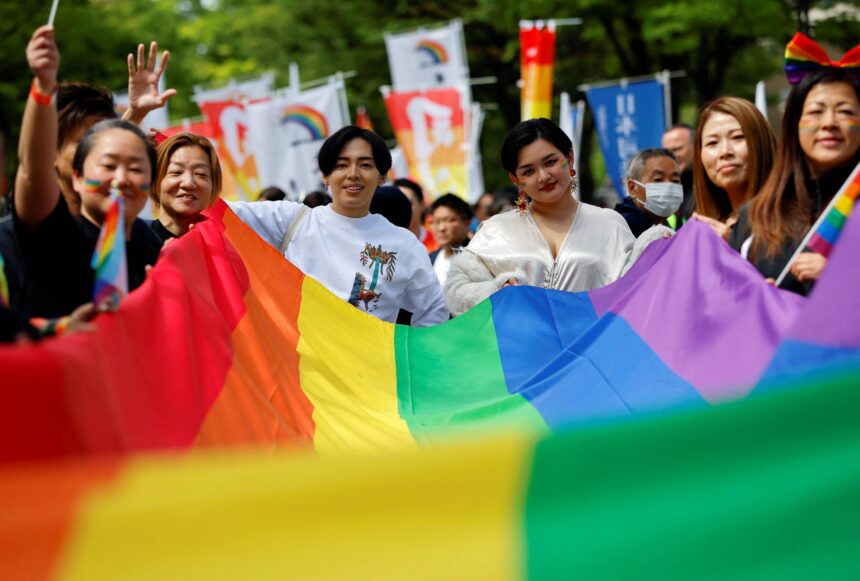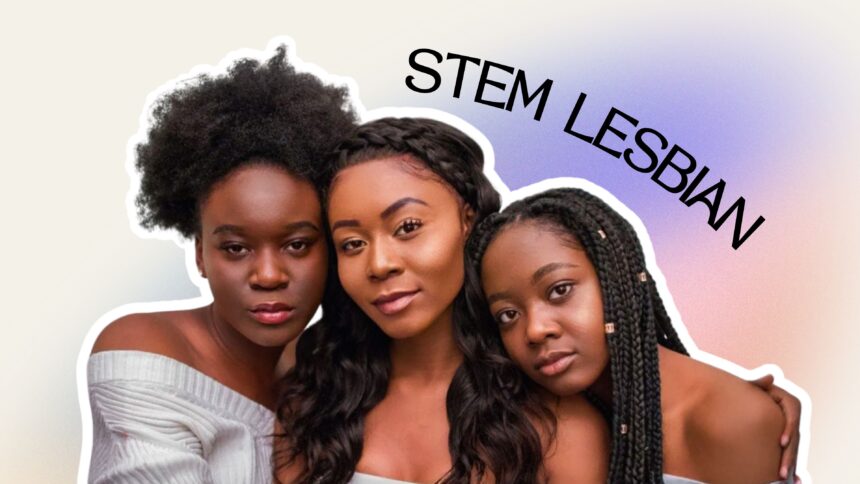While Japanese has many different words to explain that some is gay, lesbian, or some form of non-binary, you might be wondering… how do you describe someone who is not LGBTQ+? And What does ‘Nonke’ (ノンケ) mean?
Maybe your tragically non-LGBTQ+ friend wanted to come to a drag event, or perhaps you asked them to be moral support for your first time in a new bar. Whatever the case, how do you explain that your friend has had that most terrible of fates before them: being a cisgender heterosexual person? Let us take you through it!
What Does Nonke Mean in Japan?
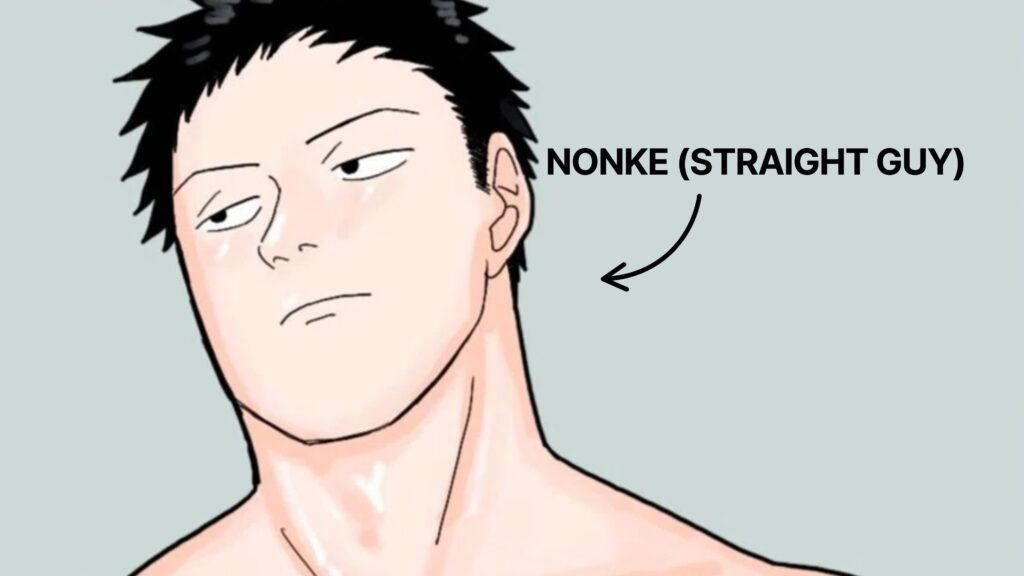
Nonke, as you may have gathered from our introduction, means, essentially, “straight.” It is a term used by gay people to describe straight people, most typically straight men. Though it can be applied to women, this is relatively rare.
Origins of the Word Nonke
Like many things about straight people, this is surprisingly simple. It begins with “non”, as in “non-alcoholic” or “non-binary,” to mean that it is not the thing it is describing.
“Ke”, conversely, is short for “sonoke” (その気), literally “that feeling” but could be considered in English to be “that way.” So, we could consider “nonke” to be a slang way of saying, “not that way.”
Comparing Straight, Heterosexual, and Nonke
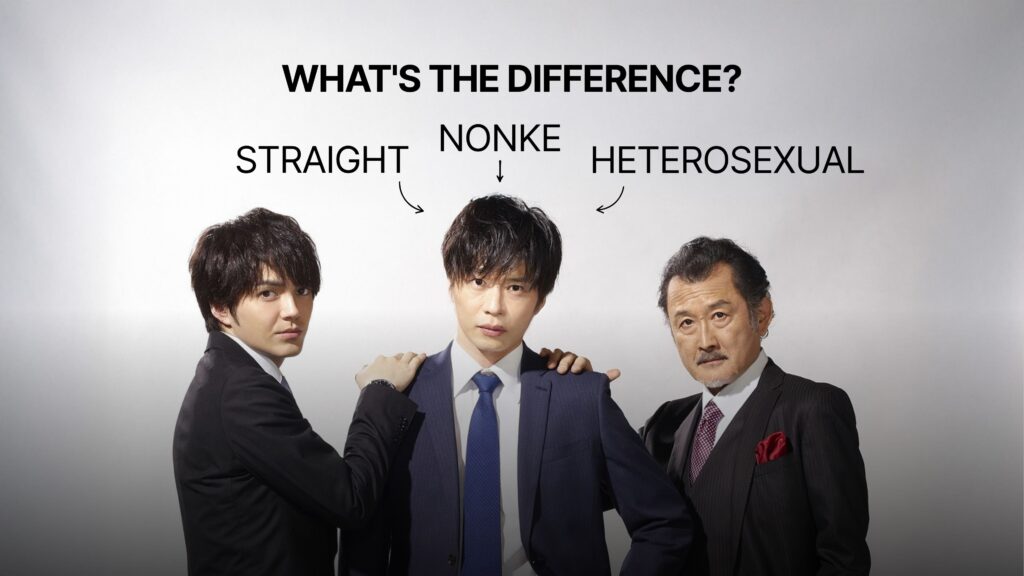
But wait, aren’t there different terms that are used as well? Surely you’ve heard someone say “straight” or “heterosexual” in Japan before? So what are the differences? Why do some people use these words but not others? Here’s a quick rundown.
Nonke
As mentioned, this is a term for straight people, but overwhelmingly for straight men. It is also used almost exclusively by members of the LGBTQ+ community.
This is actually somewhat important: it’s not a huge faux pas for someone straight to describe themselves as “nonke,” but it is unusual to many Japanese ears. One might liken it to someone American using British slang, or vice-versa: even if used accurately, it sounds strange. So, if you are straight (especially a straight man) and you’re just hanging out with your queer buddies, then how should you describe yourself?
Straight
Well, this is the standard English phrasing, right? So is it not used in Japan? Well, yes! Many people describe themselves as straight (ストレート), so this should be okay, right?
Well, some people conflate “straight” as being somewhat similar in meaning to “normal,” or feel it excludes trans people who are attracted to the opposite gender.
As such, while many people will be fine with you using it, if someone asks you not to use that term, it’s wise to respect their wishes and refrain if asked. But then, what should you say?
Heterosexual
This might sound like the most clinical way to describe attraction to the opposite sex (and it is) it is also the most accurate. While it may seem a little clunky, in Japan “heterosexual” or “hetero” (ヘトロ) is common for cisgender people attracted to the opposite sex. You can also use the Japanese term, Iseiaisha (異性愛者).
Futsu
Futsu (ふつう/普通) means “normal.” Never, ever use this to describe yourself or others if you are trying to express that they are attracted to the opposite sex. Just as in English, saying “I’m not gay, I’m normal” is extremely offensive, the same is true in Japan. While some people might let you get away with it, because Japanese people are famous for not wanting to cause discomfort, you will be unlikely to find yourself invited back.
Nonke in Japanese LGBTQ+ Culture

So, when is nonke used among the LGBTQ+ community? Here’s a few different examples.
Everyday Conversations
Nonke is sometimes used among LGBTQ+’people in daily conversations, but it would not be used in a professional setting. Chatting with your other gay friend over coffee? Sure. Talking to your boss about your colleague? No.
Nightlife and Community Spaces
Nonke is much more common after a couple of drinks, when surrounded by fellow queer people. It can be used as a friendly way to talk about your buddy, or to point out the guy who seems a little out-of-place in the bar.
Online Communities
Nonke is very popular online, and you can see it used in social media by LGBTQ+ people to describe straight friends and colleagues. The looser nature of social media means that some of the “norms” of using this (or other terms) kind of fall away, so you don’t need to worry too much about using it.
Is Nonke Offensive?
Nonke isn’t considered offensive as such, but as mentioned, it is generally a term used by the LGBTQ+ community. Straight people describing themselves as nonke might get some funny looks, perhaps akin to a cis man describing their trans woman friend as a “doll.” While this term is accepted as a collective term for trans women in the LGBTQ+ community, and individual trans women sometimes use it to refer to themselves, it sounds unusual coming from the mouth of someone who is not a part of the community. Nonke is quite similar in this regard.
Nonke in Japanese Media and Pop Culture
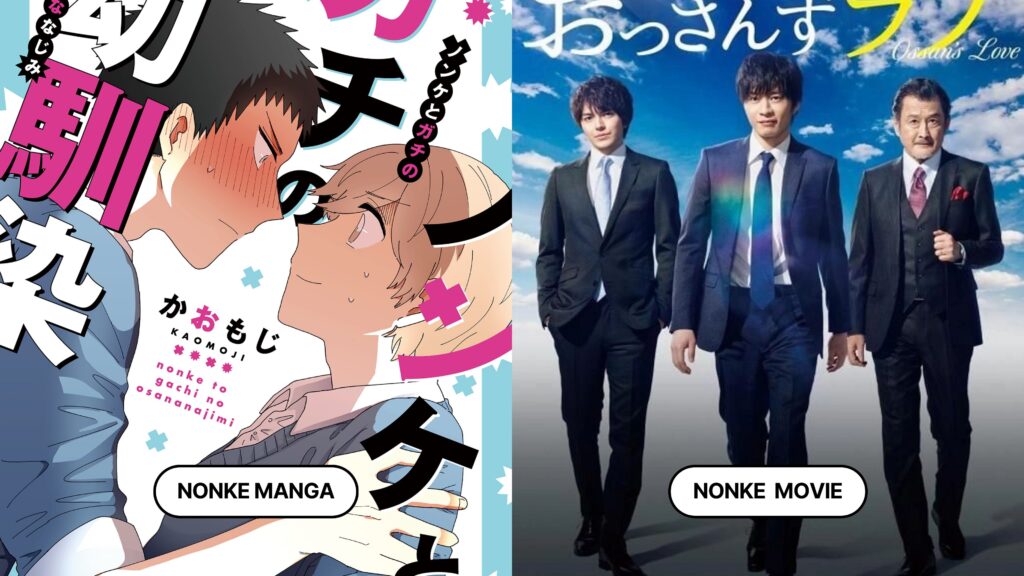
Gay romances between straight characters can be extremely popular among fans of Boys’ Love (BL) manga and anime. In particular, women who are fans of BL (typically known as fujoshi) can get something of a rush reading about a straight character falling for the charms of a pretty boy or a kindly bear.
Ossan’s Love, a hugely popular BL live action show, sees our protagonist Haruta Soichi, who has previously only expressed attraction to women, slowly come to terms with the idea that his colleague and boss, both men, are attracted to him, and is pushed ahead by his bartender friend, who insists that as long as they love him, who cares about the gender of his partner?
Comparing Nonke with Other LGBTQ+ Slang
To better understand nonke, it’s useful to compare it with other Japanese LGBTQ+ terms:
- Okama (おかま): Derogatory slang for effeminate gay men, widely discouraged today.
- Onee (おねえ): Refers to flamboyant gay men, often reclaimed with pride.
- Onabe (おなべ): Refers to AFAB individuals presenting as male, commonly in nightlife contexts.
- X-Gender (エックスジェンダー): A modern identity category for people on the non-binary spectrum.
This is something of a departure for us at JGG: focusing on straight people isn’t really our bread and butter! But now, hopefully, next time you’re in a club or bar and someone asks you if you or your friend are nonke, you’ll know what to say!
